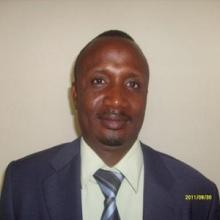The genesis of the Department of Community Education and Lifelong Learning (CELL) at the University of Zambia (UNZA) is deeply rooted in the institution's early beginnings in 1966. The Lockwood Report, seminal in guiding UNZA's establishment, advocated for the inception of a Department of Extra-Mural Studies. This was envisioned as a means to extend educational opportunities to adults who could not gain direct university entry.
Subsequently, before its recent nomenclature change, the department was recognised as the Department of Adult Education and Extension (DAEES).
CELL holds a distinctive position within UNZA, acting as a crucial bridge between the university and various Zambian communities. It represents UNZA across Zambia's ten provinces. Through CELL, UNZA extends both credit and non-credit academic programmes to individuals who cannot pursue full-time studies at the primary Lusaka campus, aligning with the ethos of lifelong learning.
From the mentioned programme offerings, it's evident that the department's staff possess extensive teaching and research expertise in diverse areas. These areas span from adult, youth, and community empowerment programmes to studies in gerontology and higher education. Furthermore, some staff members are delving into research on integrating non-formal and indigenous knowledge into environmental conservation and climate change mitigation.
Undergraduate Programmes in the Department
- Bachelor of Adult Education
- Bachelor of Community Empowerment Education
- Bachelor of Youth Development and Leadership
Postgraduate Programmes in the Department
Projects
The Department is involved in the following school and international projects:
-
Scaling the School Readiness Initiative represented by Dr. Noah Sichula
-
Strengthening school-based in-service teacher mentorship and support represented by Mr. Davies Phiri

